All-on-4 Dental Implants Temporary Teeth
All-on-4 dental implants Temporary teeth are an important transitional phase in the All-on-4 dental implant process. They will be use as bridge the gap between surgery and permanent restoration. Provides functionality, aesthetics, and protection during the healing phase, ensuring a smooth transition to a beautiful, permanent smile.
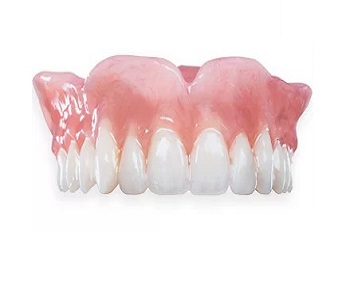
Ready to Get New Teeth?
All-on-4 dental implants have transformed tooth replacement by offering the patient a full denture of prosthetic teeth. This technique is extremely durable and cosmetically appealing for those individuals who have suffered severe tooth loss or damage.
Before After All on 4 Implants
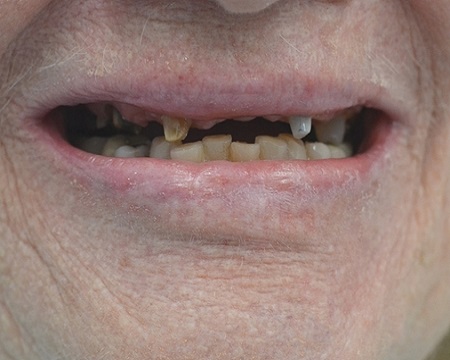
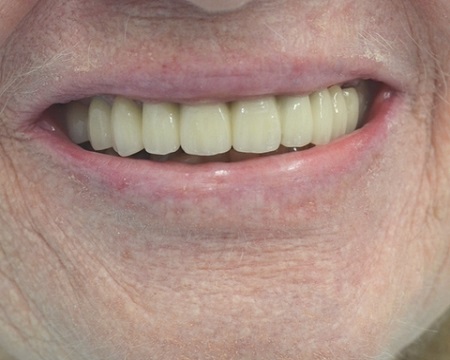
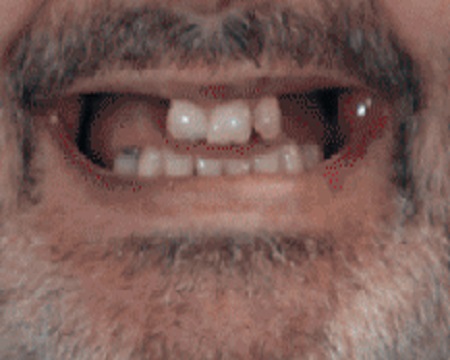
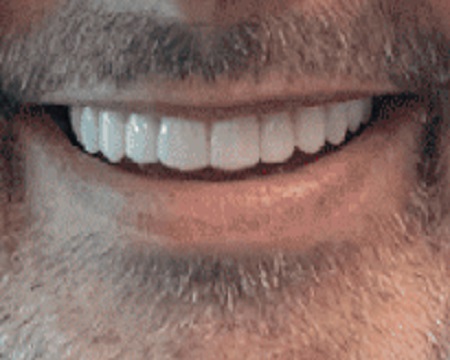
The Difference in Feeling from Permanent or Temporary
Temporary teeth during the course of All-on-4 dental implants may feel lighter and slightly less robust compared to the fixed final teeth. They are basically made of softer materials, including acrylic, designed to preserve the healing implants rather than to bear full chewing forces. While it is functional, they lack the perfect fit and polished surface of the permanent prosthetics.
What to Expect with Temporary Teeth




Temporary teeth are cosmetically pleasing but not as strong, nor will they have the final finish that your permanent ones will have. They may cause slight discomfort and tightness early on until your mouth becomes accustomed to wearing them. Good hygiene helps avoid infection and promotes healthy healing. Gentle brushing with a soft-bristle toothbrush. Antimicrobial mouthwash. Not flossing around the sites of implant placement until advised to do so by the dentist. Follow-Up Appointments Dental visits are crucial to ensure that the healing process is progressing as it should be, which may require temporary teeth adjustments.
Recommended foods are: Soups, Mashed potatoes, Yogurt, Scrambled eggs, Soft fruits like bananas
Medically Reviewed By
Clinicapoint Dental Team
How To Feel Temporaries in Mouth
You may feel a slight foreignness in your mouth initially when wearing temporary teeth as the mouth adjusts to their presence. They are comfortable, but minor tightness and slight pressure can happen at times, especially in an early healing phase. Most people quickly adapt to them, where they can be worn without problem, providing confidence and some function until the permanent teeth are placed.
How Are Temporary Teeth Made?
Temporary teeth are mostly made from lightweight materials such as acrylic or resin. They easily can be adjusted. In creating these teeth, the following process is:
How To Care Temporary Teeth?
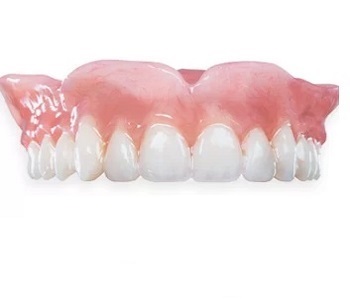
Temporary Teeth
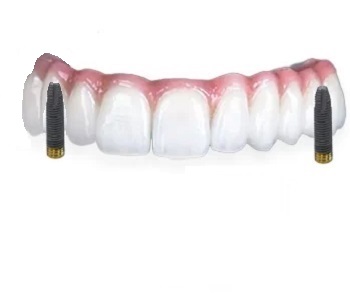
Permanent Teeth
Gentle brushing with a soft-bristle toothbrush.
Antimicrobial mouthwash.
Not flossing around the sites of implant placement until advised to do so by the dentist. All On X Implant Packages
What are the Stages
Impressions are taken before the surgery to provide the dentist with a mold of the mouth. With the impressions, temporary teeth are fabricated that fit snugly over the implants. The temporary teeth are then screwed or attached with abutments after the fixation of the implants in the jawbone. The dentist ensures that the temporary teeth barely touch the gum and the bone underneath so that undue pressure during the healing process is avoided.
Temporary Teeth Included Packages
All on 4 Implant Packages
*Crowns Not Included
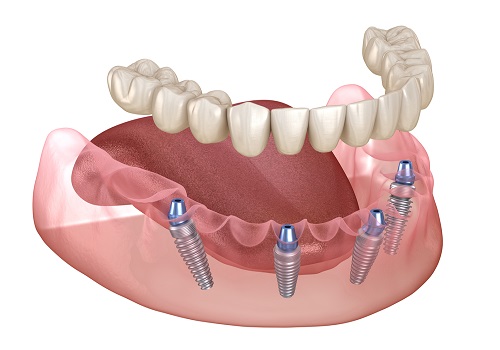
All on 6 Implant Packages
*Crowns Not Included
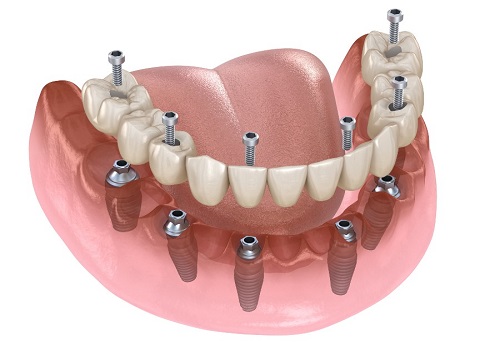
Full Mouth Implant Packages
*Crowns Not Included
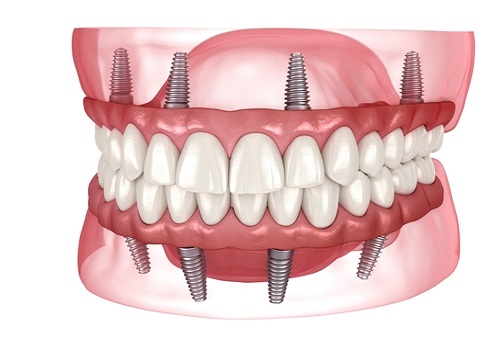
Moving onto Permanent Teeth
Temporary teeth will be replace with permanent ones, after the jawbone is fully integrated with the implants. These final teeth are made from materials like zirconia or porcelain. This mtarials make durability, aesthetic appearance, and functionality.
Dental visits are critical to ensure that the healing process is progressing as it should be, which may require temporary teeth adjustments.